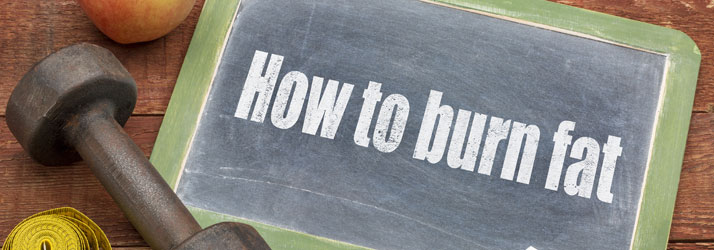What Is Glutathione?
Glutathione is created in our bodies with a combination of 3 amino acids, cysteine, glutamic acid, and glycine. It has many functions and is most notably a super antioxidant. Glutathione has a sulfur component that aides in attracting free radicals. As every cell in your body uses oxygen to convert food nutrients to energy, free radicals are a byproduct of cellular metabolism. In chemistry a free radical is an atom, molecule or ion that has an unpaired valance electron. Free radicals steal electrons from healthy cells causing cellular damage. Free radicals also are generated by inflammation, illness, aging and environmental toxins. The damage free radicals cause is called oxidation like a rusting metal. Healthy CellAntioxidants like Vitamin C and Glutathione will give electrons to free radicals to stabilize them but the antioxidant still remains stable.
Glutathione is essential for our body’s ability to heal itself.
Some functions of Glutathione are:
- A powerful antioxidant, free radical remover
- Detoxifier
- Removes heavy metals via bile
- Antiviral
- Reduces inflammation
- Aids in oxygen delivery
- Protects immune system
- Helps fight infections
How Does Glutathione Improve Fat Burning?
Researchers at Baylor College of Medicine reported that when the body is deficient in glutathione, less fat is burned and more fat may be stored and correcting glutathione deficiency improves impaired mitochondrial fat burning.
How Does It Reduce the Risk of Type 2 Diabetes?
Research shows that diabetics have a diminished ability to create glutathione, have an increased amount of oxidative stress and increased inflammation. These all contribute to insulin resistance. Insulin resistance is one of the contributing factors for many diabetics. Increasing ones glutathione will reduce one’s oxidative stress, reduce inflammation in the body and reduce insulin resistance. Reduced insulin resistance reduces the risk of Type 2 Diabetes. This will help you reduce and improve our blood sugar regulation.
Do You Have Enough Glutathione?
Research shows that the ability to create glutathione decreases as we age, from stress, chronic diseases and toxin exposure. People who tend to have low glutathione levels are those with:
- Neurodegenerative and Brain Disorders: Alzheimer’s Disease, Parkinson’s Disease, Huntington’s Disease, Amyotrophic Lateral Sclerosis (ALS or Lou Gehrig’s Disease, Migraines, Multiple Sclerosis (MS), Autism, ADHD/ADD, Bipolar Disorder and Depression.
- Immune and Cancer: HIV and AIDS, Cancer (Breast, Lung, Cervical, Colon, Ovarian, Leukemia), Lupus, Viral Infections, Asthma, Acne, Lyme Disease, Allergies, Gingivitis and Rheumatoid Arthritis.
- Cardiovascular Issues: Atherosclerosis, Angina, Erectile Dysfunction, Hypertension and stroke.
- Thyroid and Pancreatic Function Problems: Diabetes, Pancreatitis, Hyperthyroidism and Hypothyroidism.
- Other Illnesses: Inflammatory skin Conditions, Accelerated Aging, Arthritis, Chronic Fatigue, Chronic Obstruction Pulmonary Disease COPD), Gout, Hepatitis, Cystic Fibrosis, Infertility, Eyesight Issues (Macular Degeneration) and Gastric Ulcers.
How Do You Increase Your Glutathione Levels?
- Exercise: Moderate exercise, 20-30 min/day, has shown to increase ones glutathione levels.
- Supplements: Glutathione is made up of amino acids that are part of proteins so those amino acids would get broken down during digestion and you wouldn’t necessarily see a benefit. Other supplements that support our body’s ability to make glutathione are (N-cetalcystine, Alphalipoic acid, Vitamin C, Vitamin B-12, Vitamin B-6, Folate, Selenium, Milk-thistle)
- Intra Venus (IV): Glutathione can be taken through an IV right into your blood system.
- Foods with sulfur like allium vegetables: onions and garlic, cruciferous vegetables: cabbage and broccoli, meat sources: beef, fish and poultry and in bioactive whey protein. Turmeric is also known to stimulate glutathione production.











